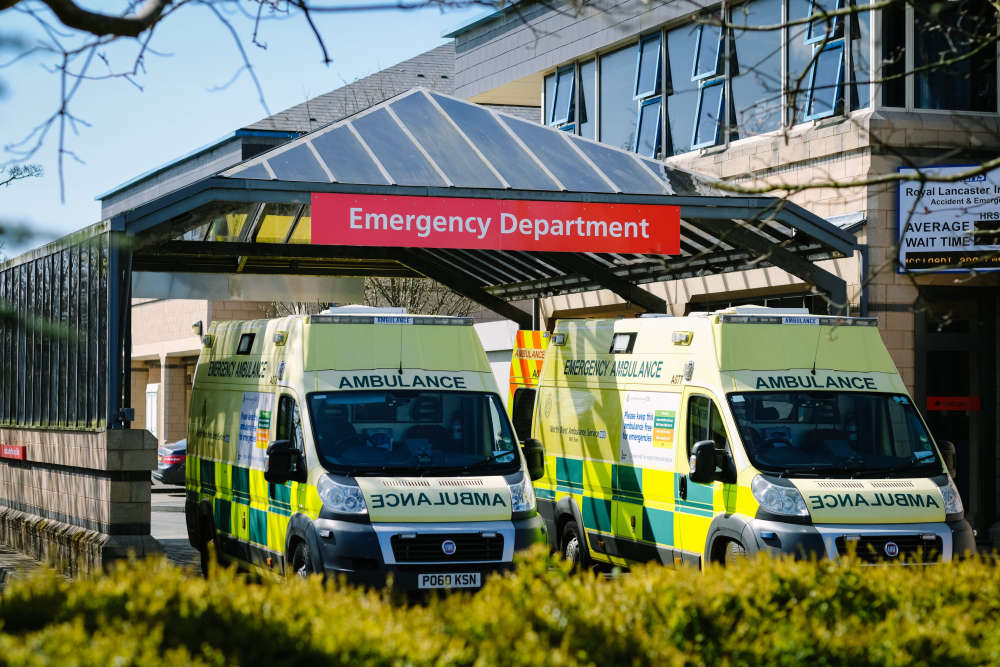
Furness General Hospital's sickest patients may have to travel to Lancaster on a permanent basis, it’s been announced.
Sick and injured people requiring the highest level of intensive care – Level 3 - may have to be transported up to more than an hour's drive away under a plan to permanently reduce a hospital service.
Lancashire and South Cumbria Integrated Care Board (ICB) intends to make permanent the temporary suspension of the level 3 unit at Furness General Hospital, due to a lack of staff.
Those who require lower levels of critical care will continue to be treated at FGH.
FGH suspended the provision of the highest intensive care services last September due to the impact on patient safety caused by issues with recruiting enough qualified and experienced staff.
Level 3 services at Furness General Hospital (FGH) were temporarily suspended last September due to issues with recruiting qualified and experienced staff, with only three permanent consultants in post against a national guidance requirement of eight.
Whilst the temporary change has been in place, patients who require Level 3 critical care are transferred to Royal Lancaster Infirmary (RLI), once stabilised. Patients who require Levels 1 and 2 critical care continue to be treated and cared for at the hospital in Barrow-in-Furness.
Lancashire and South Cumbria Integrated Care Board (ICB), the commissioners of the service, asked for an independent review to advise on the safety and sustainability of the service going forward - taking into account the recruitment efforts since the temporary change was made.
Experts within the Lancashire and South Cumbria Critical Care Network were also asked to ensure the work done to date meets the national safety standards required.
Following the publication of this review, the ICB has decided that the preferred option is to make this temporary suspension permanent to maintain a safe and sustainable service for the patients of South Cumbria.
Below: Furness General Hospital
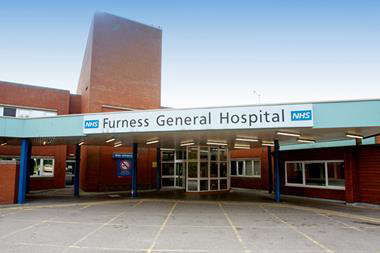
Professor Andy Knox, medical director at NHS Lancashire and South Cumbria Integrated Care Board, said: “When considering how we provide the very best services for patients, we want to ensure that they are clinically safe and provide the highest quality of care, in line with national guidance. This is especially important when it comes to intensive care.
“The report from the independent review has found that the previous provision could not meet the necessary standards and was therefore not safe. Due to this, the Clinical Senate are supportive of the Intensive Care Unit at FGH continuing to provide Level 1 and 2 care on site with a treat and transfer service to either RLI or another appropriate provider.
‘’As a result, we intend to make the temporary suspension of Level 3 intensive care at FGH permanent, but not before we engage with the local community, patients and staff.
“We have worked in collaboration with the team at UHMBT (University Hospitals of Morecambe Bay Trust) and the difficult decision to originally suspend the service last year was made to protect the safety of patients and staff. Medical staffing within the unit at FGH has been a concern for several years, with consultant cover not meeting national guidance despite significant efforts from the Trust.
“Our priority is to ensure the future delivery of a safe and sustainable critical care service at FGH to provide the best possible service to our local population, and we will keep everyone updated on next steps.”
Since the suspension of Level 3 at FGH, there have been 30 patients over a six-month period who have been transferred to a different provider, 10 of whom would have been transferred even if there had been a Level 3 unit at FGH due to their clinical needs, and there have been no adverse outcomes.
Dr Caroline Brock, interim chief medical officer, UHMBT, said: “We have a responsibility to ensure that all the services we offer to our local communities are safe and do not put patients or colleagues at unnecessary risk.
‘’Unfortunately, despite huge efforts to recruit and retain suitable qualified and experienced medical colleagues over a number of years, we are still unable to provide a safe and sustainable Level 3 intensive care service at FGH.
“We understand the impact that this will have on our colleagues and local community and that there may be concerns about what this means for FGH. I want to be clear that we remain absolutely committed to FGH and its future as a district general hospital in Barrow.
“If the decision is made to make the changes permanent, we will work with our teams to develop a safe and effective treat and transfer model - using evidence-based learning from other trusts across the country who run similar services in geographically isolated areas like Barrow.
“We will continue to work with the ICB and support colleagues, patients and families throughout.”


 Lancaster youth charity launches 10 Challenges campaign
Lancaster youth charity launches 10 Challenges campaign
 £30k campaign launched for new Lancaster community farm
£30k campaign launched for new Lancaster community farm
 Carnforth chiropodist honours her late husband with clinic fundraiser
Carnforth chiropodist honours her late husband with clinic fundraiser
 Lancaster City Council agrees 2.99 per cent rise in Council tax share
Lancaster City Council agrees 2.99 per cent rise in Council tax share
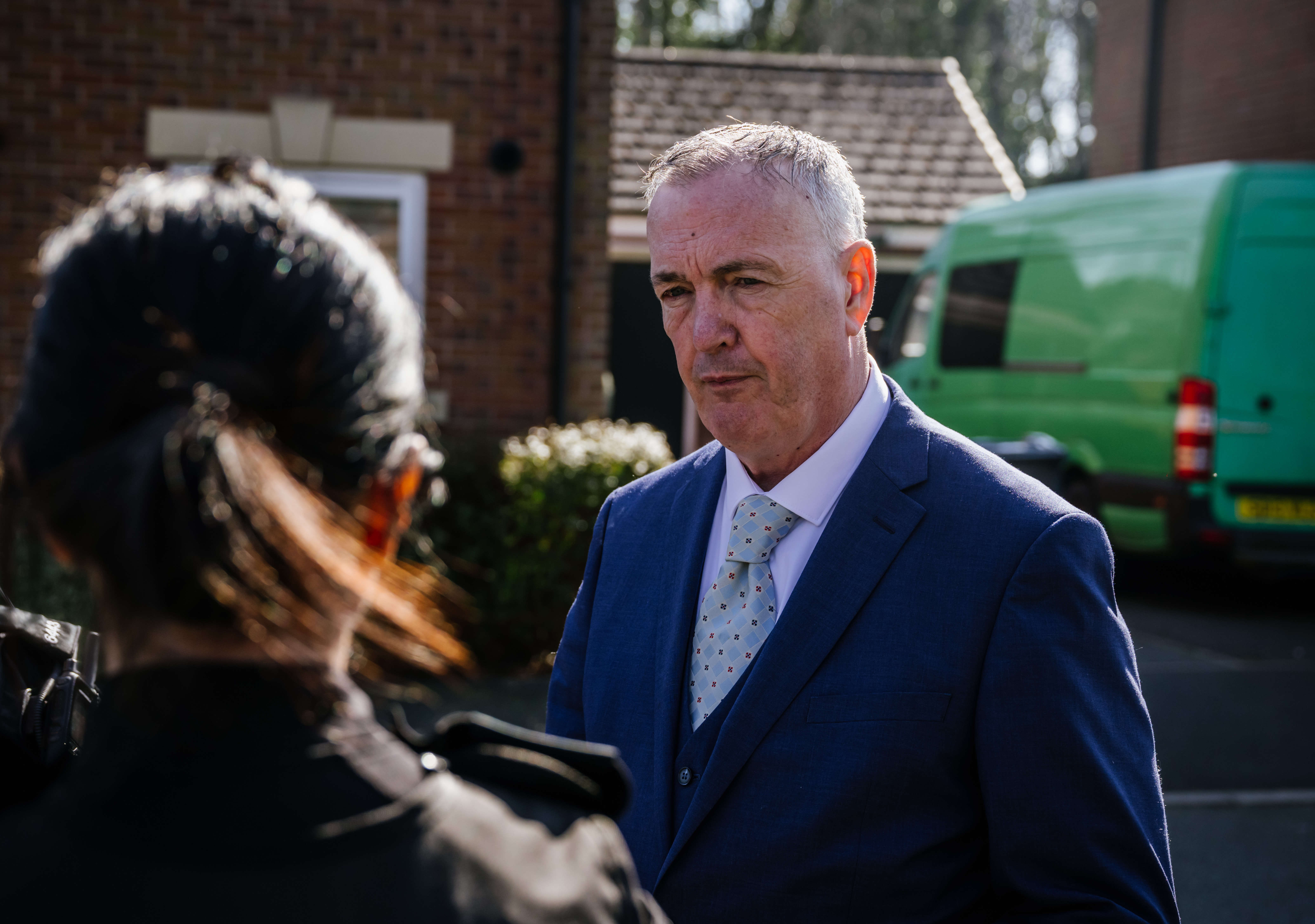 Lancashire Police’s share of Council tax to rise by 5.4 per cent
Lancashire Police’s share of Council tax to rise by 5.4 per cent
 Guys Thatched Hamlet closes suddenly after 46 years
Guys Thatched Hamlet closes suddenly after 46 years
 Teenager spared jail for causing death of newborn child in Morecambe
Teenager spared jail for causing death of newborn child in Morecambe
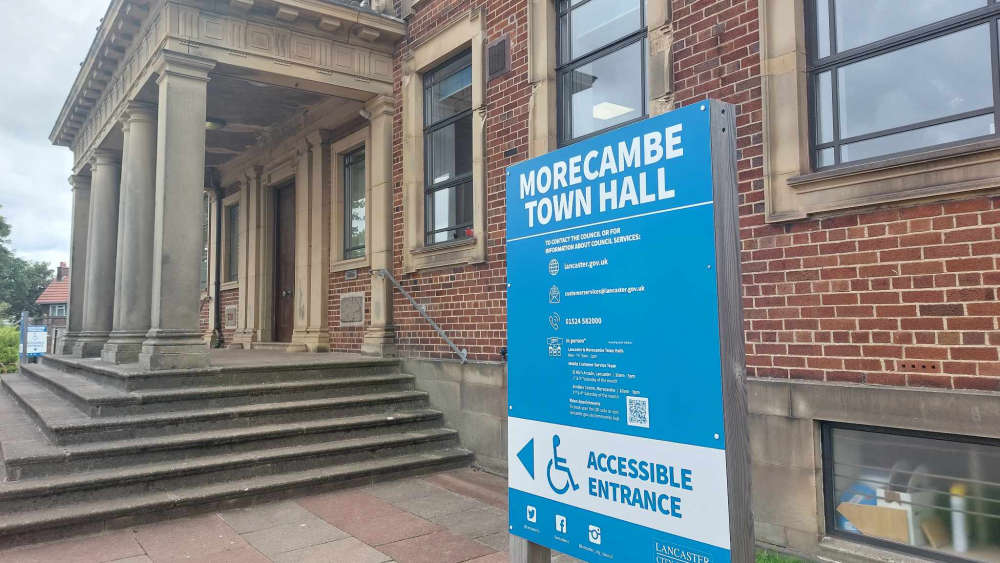 Morecambe Town Council agrees budget and 2.46 per cent rise in Council tax share
Morecambe Town Council agrees budget and 2.46 per cent rise in Council tax share
 Builders of new Lancaster housing development offer £2k cash pot to community groups
Builders of new Lancaster housing development offer £2k cash pot to community groups
 Lancaster centre welcomes mayor for opening of new community kitchen
Lancaster centre welcomes mayor for opening of new community kitchen
 Lancaster shop to close as high street gaming chain faces administration
Lancaster shop to close as high street gaming chain faces administration
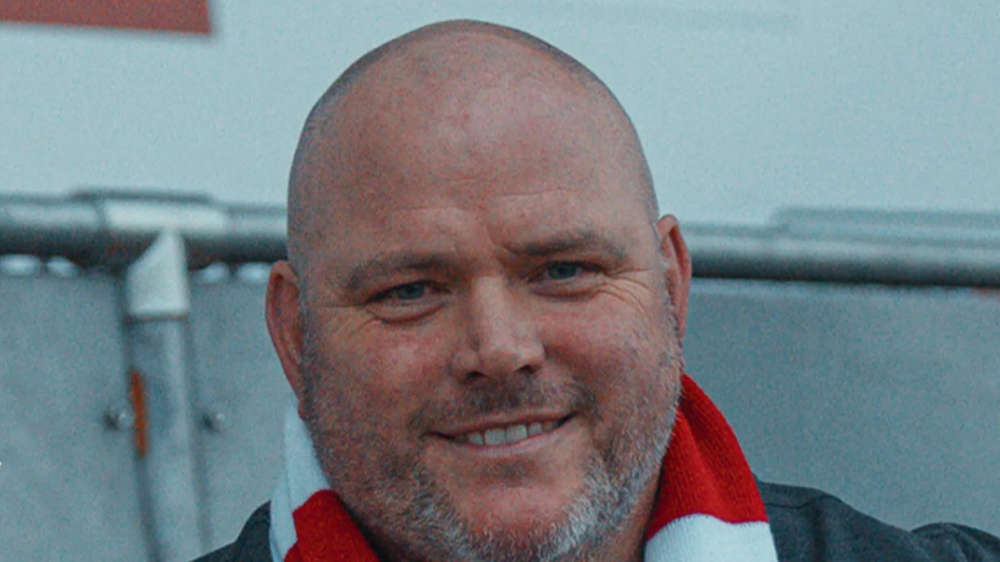 Jim Bentley returns for second spell as Morecambe FC manager
Jim Bentley returns for second spell as Morecambe FC manager
 Ashvir Singh Johal’s reign as Morecambe manager comes to an end
Ashvir Singh Johal’s reign as Morecambe manager comes to an end
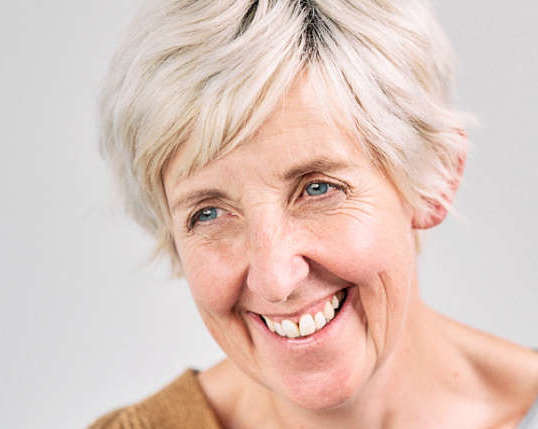 Lancaster writer's ghost story of Morecambe to be voiced by acting legend on Radio 4
Lancaster writer's ghost story of Morecambe to be voiced by acting legend on Radio 4
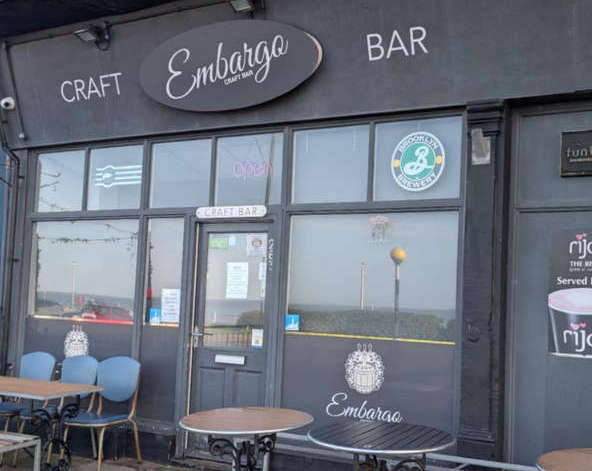 Change of name announced for popular Morecambe bar
Change of name announced for popular Morecambe bar
 Opening announced for new Morecambe bistro inside former post office
Opening announced for new Morecambe bistro inside former post office
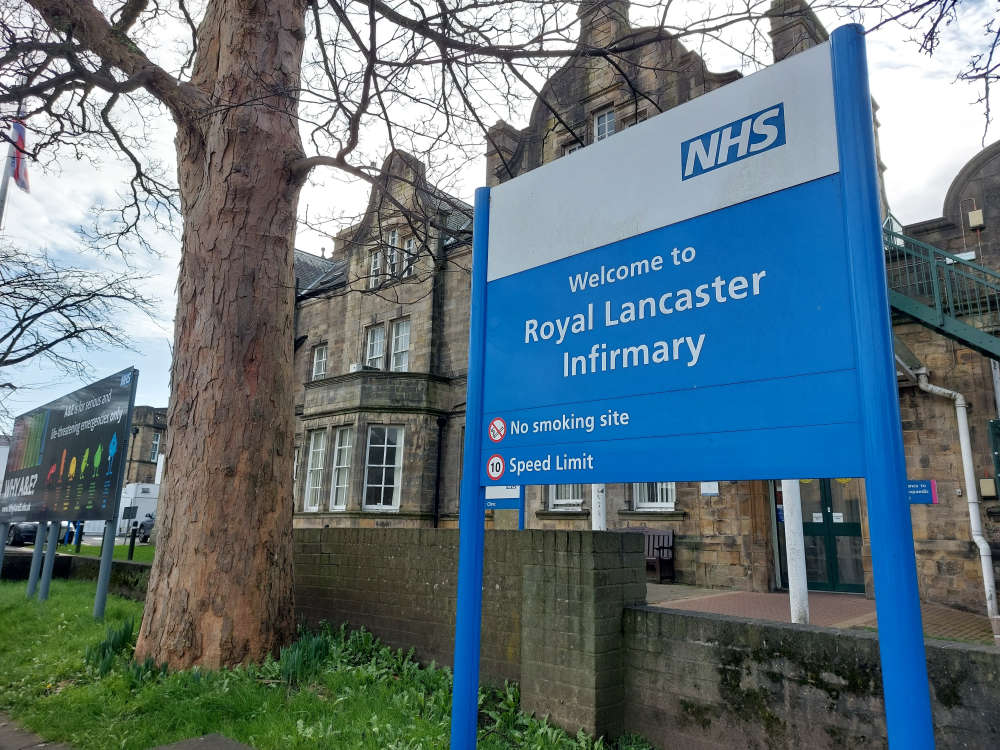 Health watchdog report shows improvements to services at Royal Lancaster Infirmary
Health watchdog report shows improvements to services at Royal Lancaster Infirmary
 LISTEN: How Leo's Gym is making a difference in memory of young Morecambe boxer
LISTEN: How Leo's Gym is making a difference in memory of young Morecambe boxer
 LISTEN: Lancaster set to celebrate Chinese New Year
LISTEN: Lancaster set to celebrate Chinese New Year
 Lancaster’s Vue Cinema under new ownership
Lancaster’s Vue Cinema under new ownership









